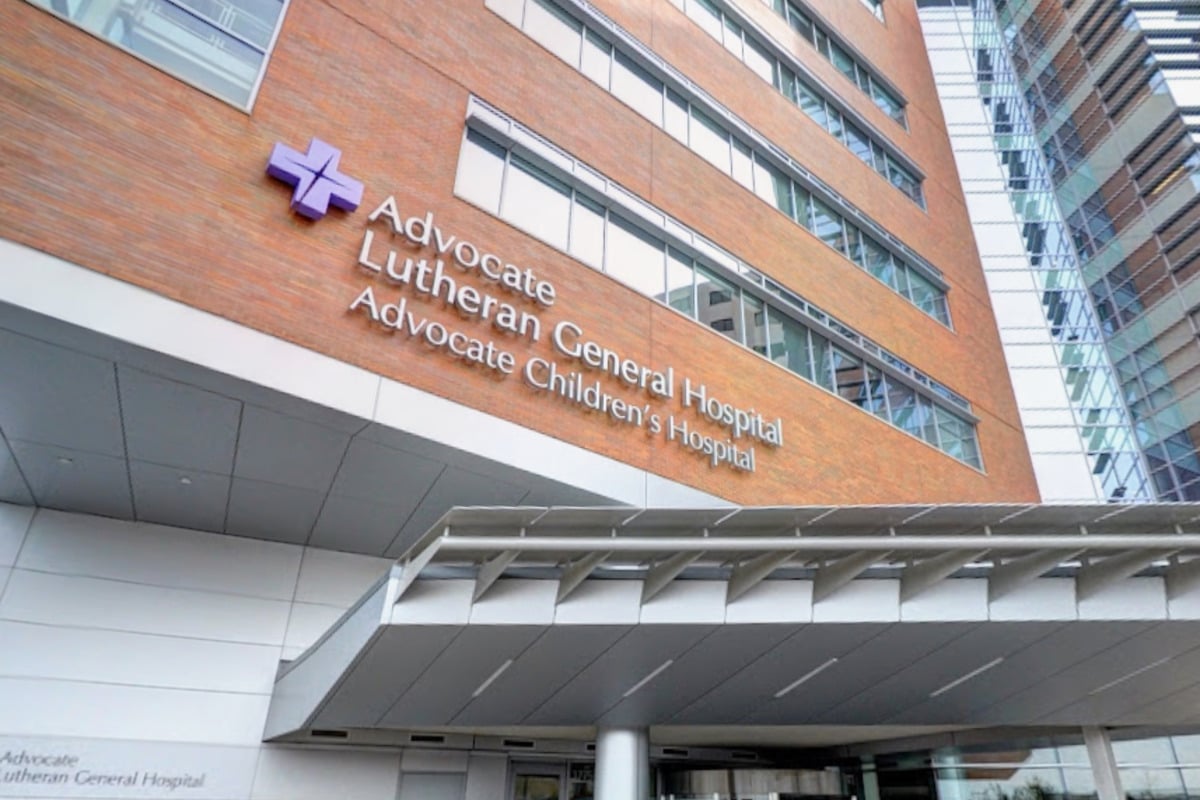
Clinical trials are encountering a critical sustainability crisis, as highlighted by recent findings from GlobalData and industry experts. The current models are increasingly viewed as inefficient, with rising costs, stretched timelines, and a dwindling workforce contributing to a growing sense of urgency for reform. As the number of clinical trials surges, the resources needed to conduct them are not keeping pace, leaving patients in need of timely treatments waiting longer than ever.
The landscape of clinical trials is shifting dramatically. Between 2018 and 2022, the number of oncology assets in clinical development saw an annual increase of 13%. While this growth suggests a promising era for medical innovation, it also indicates a troubling forecast: by 2032, the demand for patient enrollment in clinical trials is set to more than triple. Unfortunately, the existing clinical trial ecosystem lacks the capacity to meet this burgeoning need, posing a significant threat to drug development timelines.
Staffing Shortages and Recruitment Challenges
The clinical trial workforce is under immense pressure, with over 80% of research sites in the United States reporting staffing shortages in oncology research. Factors contributing to this trend include unsustainable job expectations, inadequate compensation, and limited career growth opportunities. Kent Thoelke, CEO of Paradigm Health, noted a significant exodus of research and healthcare professionals following the COVID-19 pandemic.
This attrition has exacerbated the challenges of initiating new clinical studies, as sponsors struggle to find investigators capable of taking on additional trials. Compounding these staffing issues is the persistent difficulty in recruiting patients for trials. Data indicates that approximately 60%-70% of trial sites fail to meet their initial patient enrollment targets, leading to wasted resources in contracting and training for non-enrolling sites.
Academic medical centers predominantly conduct trials, particularly in the U.S., while community hospitals often lack the necessary resources. Despite the fact that most patients receive care in these community settings, only about 5%-8% of eligible patients typically participate in clinical trials, a statistic that has remained stagnant over the years.
Geographic Disparities and Rising Costs
Geographic disparities further compound the challenges facing clinical trials. According to ClinicalTrials.gov, nearly 26,000 clinical trials were actively seeking participants across all U.S. states in May 2025, yet recruitment was concentrated in coastal states with urban centers. Patients in rural areas often face significant barriers to participation, including long travel distances—often exceeding 60 miles—to access trials.
As the number of trials increases, so do the costs associated with conducting these studies. A report from GlobalData notes that per-trial costs have risen steadily since 2014, with single-country trials increasing by 2.9% annually and multinational studies by 4.9%. Oncology trials are particularly costly, averaging around $30 million for Phase 1 trials and nearly $60 million for Phase 3 trials.
The financial burden is exacerbated by the longer timelines required to complete trials due to recruitment challenges. Sponsors face an additional cost of approximately $40,000 per day for trials that remain open without results, translating to a potential loss of $500,000 in revenue for each day a drug launch is delayed.
Given these mounting pressures, the clinical trial industry is at a crossroads. Kent Thoelke emphasized the need for a transformative approach to clinical research, suggesting that the pandemic revealed opportunities to innovate. During COVID-19, trial protocols were relaxed, allowing for electronic consent and remote participation.
Despite initial progress, many of these adaptations have reverted, underscoring the need for a sustainable model that better serves patients. The integration of technology, such as AI-driven platforms, can help streamline patient identification, recruitment, and data collection, which are critical for increasing trial access, particularly in underserved communities.
The clinical trial ecosystem requires immediate attention to ensure that it can meet the demands of modern medical research while providing equitable access to innovative treatments for all patients. Without substantial reform, the future of clinical trials—and the patients they aim to help—remains uncertain.






